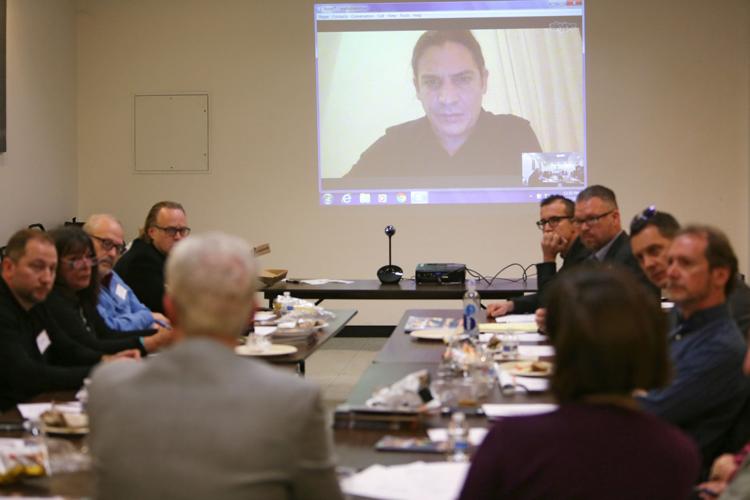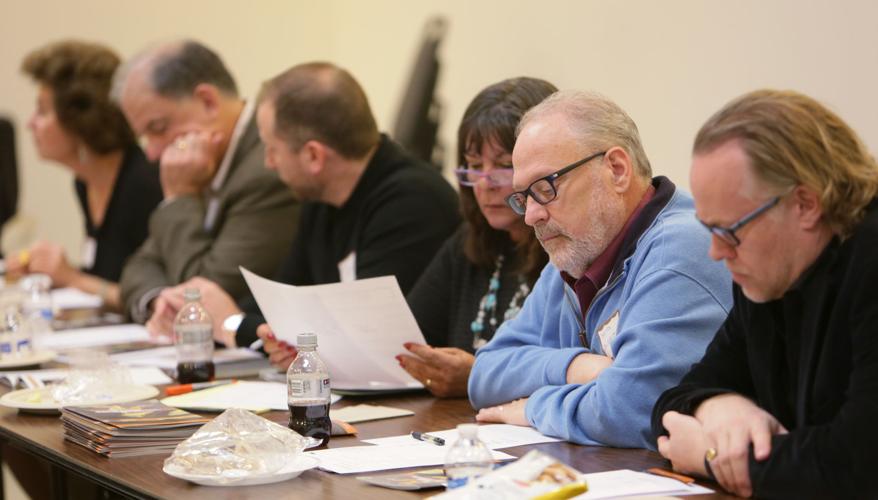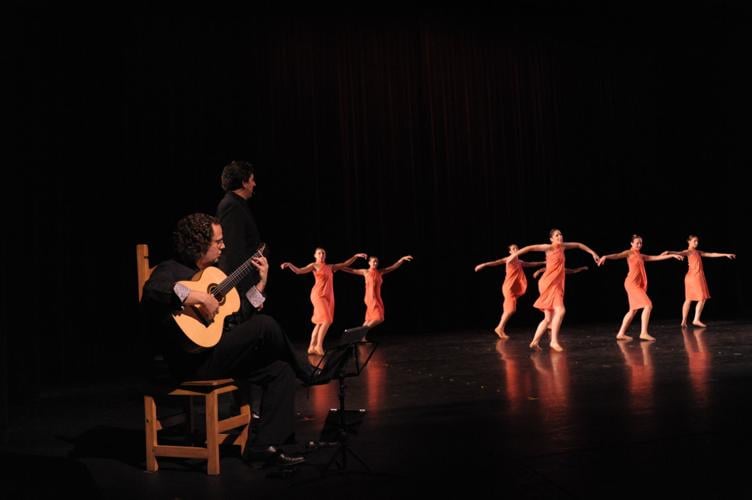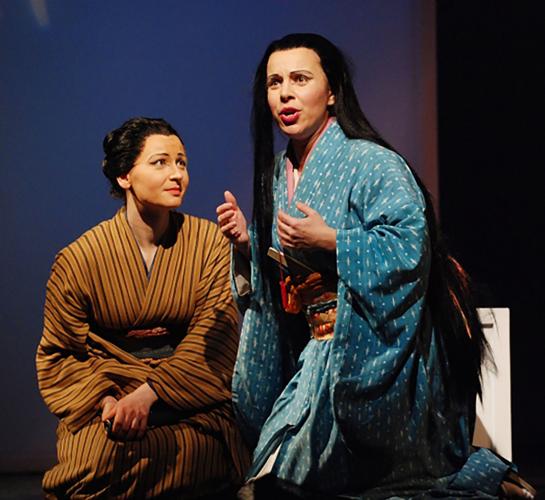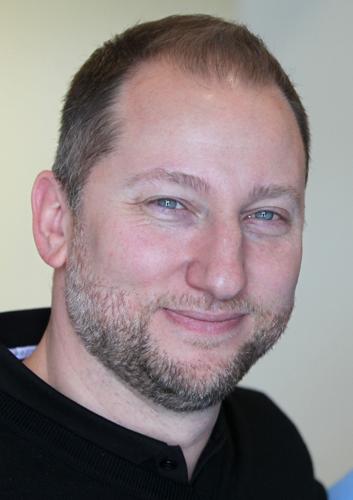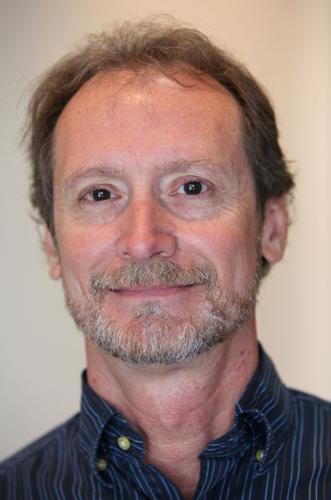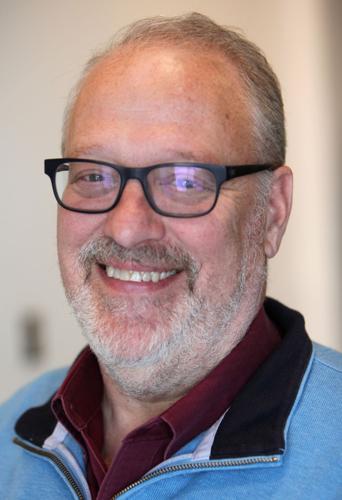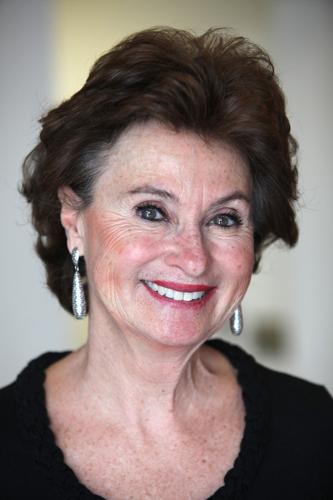The fifth annual Tucson Desert Song Festival officially began on Wednesday with a lecture and concert featuring University of Arizona vocalists.
On Thursday, Jan. 19, the concerts — the backbone of the 19-day event that involves 10 Tucson arts organizations — kick off with the Tucson Guitar Festival recital featuring mezzo-soprano Angela Brower and French guitarist Judicaël Perroy at Holsclaw Hall. Brower, a Mesa native whose career is based in Germany, said this will be the first time she’s performed with a guitarist (see related story), which can make for an intriguing adventure for the audience.
And it is one of many reasons to check out the festival, which runs through Feb. 5. Here are our top five reasons:
- The repertoire: The Tucson Symphony Orchestra is putting a choir of 80 voices, a trio of soloists and an orchestra of 70 on stage Friday, Jan. 20, and Sunday, Jan. 22, to mount Brahms’ monumental choral work “A German Requiem” (see related story). True Concord Voices & Orchestra is staging Tucson’s first truly professional performance of Mendelssohn’s oratoria “Elijah” with a choir of 70 — which includes members of the UA’s Arizona Choir — and an orchestra of 50 Jan. 27-29. Arizona Opera is bringing back a fan favorite, Puccini’s “Madama Butterfly,” Jan. 28-29.
- The singers: Dramatic baritone and Metropolitan Opera star Richard Paul Fink has won a Grammy, appeared with some of the most prestigious opera companies worldwide and sung roles from Mozart to Verdi, to widespread critical acclaim. Next weekend, we get to see him in the spotlight for True Concord’s “Elijah.” We also get a double-dose of rising lyric soprano Heidi Stober, who joins the TSO for “A German Requiem” and performs a recital a few days later at Holsclaw Hall. The festival roster includes rising newcomers — soprano Heather Phillips, tenor Trey Smagur and mezzo Rebecca Ringle from Ravinia’s Steans Music Institute; a major star in Broadway/Hollywood powerhouse Bernadette Peters (see related story); and stars in waiting: soprano Rena Harms, who is making a name for herself on both sides of the Atlantic, and tenor René Barbera, who took top honors in the 2011 Plácido Domingo Operalia competition.
Then there are the repeat performers, the singers who had such a great experience with past Tucson Desert Song Festivals that they decided to come back, including mezzo-soprano Brower, Tucson’s own mezzo, Kristin Dauphinais, and baritone Nathaniel Olson, who returns with pianist Kevin Murphy and fellow singers from the prestigious Ravinia’s Steans Music Institute.
- The thrills: Inevitably, one or two festival performances will come to define the entire event. Back in 2014, for us at least, it was the moment when Grammy-winning soprano Christine Goerke stopped singing when she realized she and her pianist, Kathleen Kelly, were out of sync going into the second movement of Poulenc’s “La Courte Paille.” The audience seemed unfazed by the flub — for many of us it showed the human side of art that we often take for granted — and embraced her in a prolonged standing ovation.
- The teamwork: A trio of vocalists from Ravinia’s Steans Music Institute and members of the UA’s Arizona Choir will join the True Concord performance of “Elijah.” English-German tenor Rufus Müller will lead a masterclass for the UA Fred Fox School of Music and perform a recital with the Arizona Early Music Society. And soprano Stober is doing triple duty: TSO’s “A German Requiem,” a masterclass at the Tucson Symphony Center and a recital with the Arizona Opera.
- The discoveries: One of the happy byproducts of the festival has been audience cross-pollination — symphony fans finding themselves at an early music recital or classical guitar concert, drawn there by their love of voice. Many organizations have noted the song festival has brought in new audiences who return for other events outside of the festival.
“To me it just goes back to the fact that the human voice can be the unifying aspect of all music,” said True Concord’s founder and music director Eric Holtan.
“It brings in not only our audiences, but it brings in new people to our events,” added Ballet Tucson founding artistic director Mary Beth Cabana.
“We are kind of a different element in the festival, but it’s turned out that it’s been great for us and a good thing for the festival, too.”


